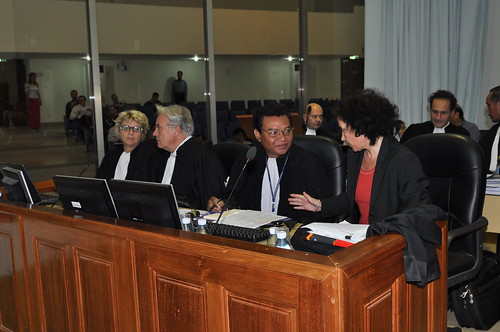Personal injury lawsuits are brought when a physical or emotional injury has resulted from an accident or product defect. If you win your case, money is awarded to compensate for the damages suffered.
Documentation
If you are injured, collect as much data as you can as soon as possible. You need a complete record of the circumstances and facts surrounding the event, including photos and videos of the scene, and names and contact information for all witnesses. A police report is ideal because officers are trained to record all the critical information that may be needed in court. It’s also important to seek immediate medical attention for any injuries. In addition to getting needed care, you will also establish a medical record of the nature and extent of your injuries.
Legal Assistance
Unless your injuries are very minor, you should contact a personal injury attorney who can provide advice and help gather evidence. Don’t talk to the other party’s attorney or insurance company before obtaining your own legal counsel. Don’t sign any documents that admit fault or waive your rights.
Before going to court, your attorney will usually send a demand letter to the other party that describes details of the injuries and monetary damages. If the case can’t be settled through negotiations, the next step is to file a lawsuit.
Legal Proceedings
The injured party (plaintiff) files a complaint against the defendant who has a specified time to answer. The court is normally chosen by the plaintiff, although the defendant may ask to move to a different court.
 Image credit
Image credit
Information about the suit is collected through the discovery process consisting of written questions and answers, sworn depositions, and requests for more documents.
Before trial, the attorneys may make legal arguments directly to the court in the form of motions. If one side believes it has a solid case, it might file a motion for summary judgment that would decide the case in its favor without a trial.
Court Trial
Most courts require settlement conferences before trial with attorneys representing both sides. Judges will attempt to have them reach an agreement through direct negotiations, or with the assistance of a mediator.
 Image credit
Image credit
If no settlement is reached, a trial before a judge or jury will be conducted where evidence and witnesses are presented. After both sides have pleaded their cases and cross-examined opposing witnesses, a verdict is entered for the plaintiff or defendant. If the plaintiff prevails, damages will also be awarded.
Appeal
Either party can appeal to a higher court if there has been substantive legal error during the trial. Once a final judgment has been entered, the plaintiff is entitled to collect damages from the defendant.
Elizabeth Mercer Matlock writes for Singleton Law Firm, LLC and has long enjoyed seeing the fruit of a well-written legal article. She’s well-rounded in her interests and never above making a good lawyer joke.


 12+ years sharing great legal advice
12+ years sharing great legal advice
